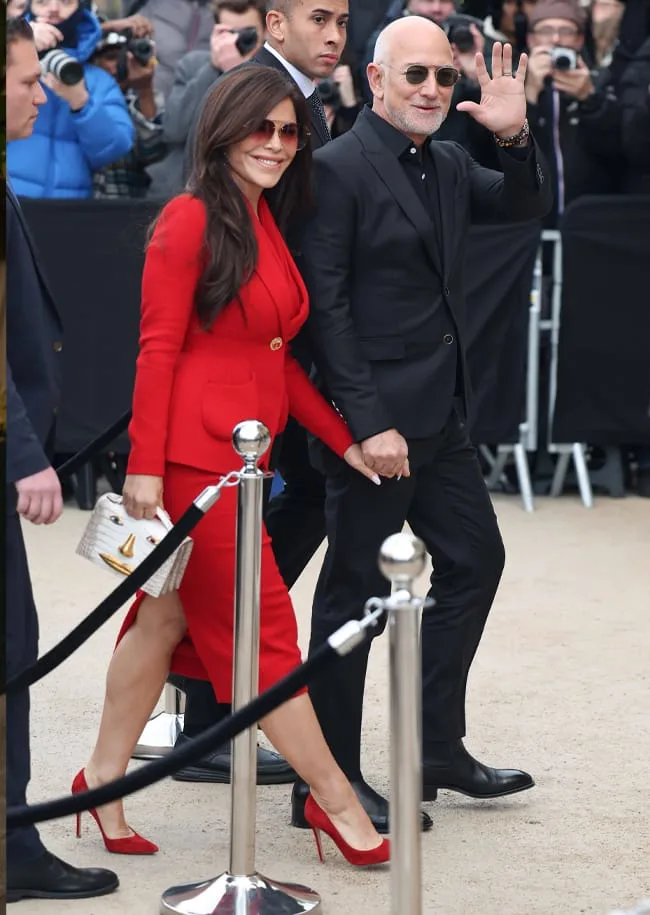Boohoo Rebrands as Debenhams Group in a Bold Business Shake-Up
- Qui Joacin

- Mar 12, 2025
- 3 min read
Boohoo rebrands as Debenhams Group—Here’s What That Means

Big changes are happening at Boohoo, and honestly? This could be a make-or-break moment for the fast-fashion giant.
The company has officially rebranded as Debenhams Group, a move led by new CEO Dan Finley, who’s making major changes in an effort to turn things around.
His strategy? Use the successful Debenhams transformation as a blueprint for the entire company—which means a marketplace model, fewer inventory risks, and a more tech-driven approach.
But will it work? And how does this impact brands like PrettyLittleThing, BoohooMAN, and Karen Millen?
Let’s break it all down.
Why the Name Change?
Boohoo acquired Debenhams back in 2021, but instead of keeping it as just another brand, they’ve decided to turn the entire company into Debenhams Group. So that means Boohoo rebrands as Debenhams Group.
Here’s why this move makes sense:
Debenhams has been thriving under Boohoo’s ownership, with sales of £205 million and a 12% EBITDA margin
Karen Millen is also seeing growth, evolving into a premium lifestyle brand
The youth brands (Boohoo, PrettyLittleThing, etc.)? Struggling.
Finley believes that Boohoo’s fast-fashion model isn’t sustainable anymore—especially with Shein dominating the market and Gen Z shifting toward secondhand shopping and capsule wardrobes.
His plan? A major business model switch.

What’s Changing?
Instead of operating like a traditional fashion retailer, the new Debenhams Group will shift to a “fashion-led marketplace” model.
Here’s what that actually means:
Less stock, more variety – Instead of holding tons of inventory, the platform will offer a mix of owned products and third-party brands.
Discounting to clear out stock – Expect major sales as Boohoo "right sizes" its inventory.
Faster, leaner operations – The company is shutting down its U.S. distribution center, selling off London offices, and cutting costs.
Finley is betting that turning Boohoo’s youth brands into marketplaces will increase profitability, reduce financial risks, and help the company stay competitive.
The Challenges Ahead
While this all sounds great on paper, not everyone is convinced that this strategy will work.
Why?
Shein’s dominance – With ultra-low prices and super-fast trend turnover, Shein has become the go-to for Gen Z shoppers. Competing with that? Not easy.
Declining brand appeal – Boohoo, PrettyLittleThing, and similar fast-fashion brands aren’t as desirable as they used to be, especially with younger shoppers leaning toward resale and sustainable fashion.
Investor skepticism – The market isn’t fully sold on this pivot yet—Boohoo’s stock dropped 4.61% after the announcement.
Even though marketplaces are thriving in retail, experts aren’t sure if Boohoo’s brands have enough pull to make this shift work.

What Happens Next?
The name change is already official—Boohoo is now Debenhams Group.
Shareholders will vote on the change on March 28 in London.
More cost-cutting measures are expected as the company tries to turn things around.
If this works, Boohoo—now Debenhams Group—could become a leading fashion marketplace, similar to Zalando or ASOS. If it doesn’t? The future of Boohoo, PrettyLittleThing, and its other youth brands could be uncertain.
Final Thoughts: Can Boohoo’s Reinvention Save It?
This is one of the biggest shifts in Boohoo’s history, and it’s clear that fast fashion is evolving. While the marketplace model could help reduce risk and boost profitability, Shein’s grip on the industry makes competition fierce.
So, what do you think? Will Boohoo’s transformation into Debenhams Group help it stay relevant, or is this just delaying the inevitable? Let me know in the comments!
.png)



Comments